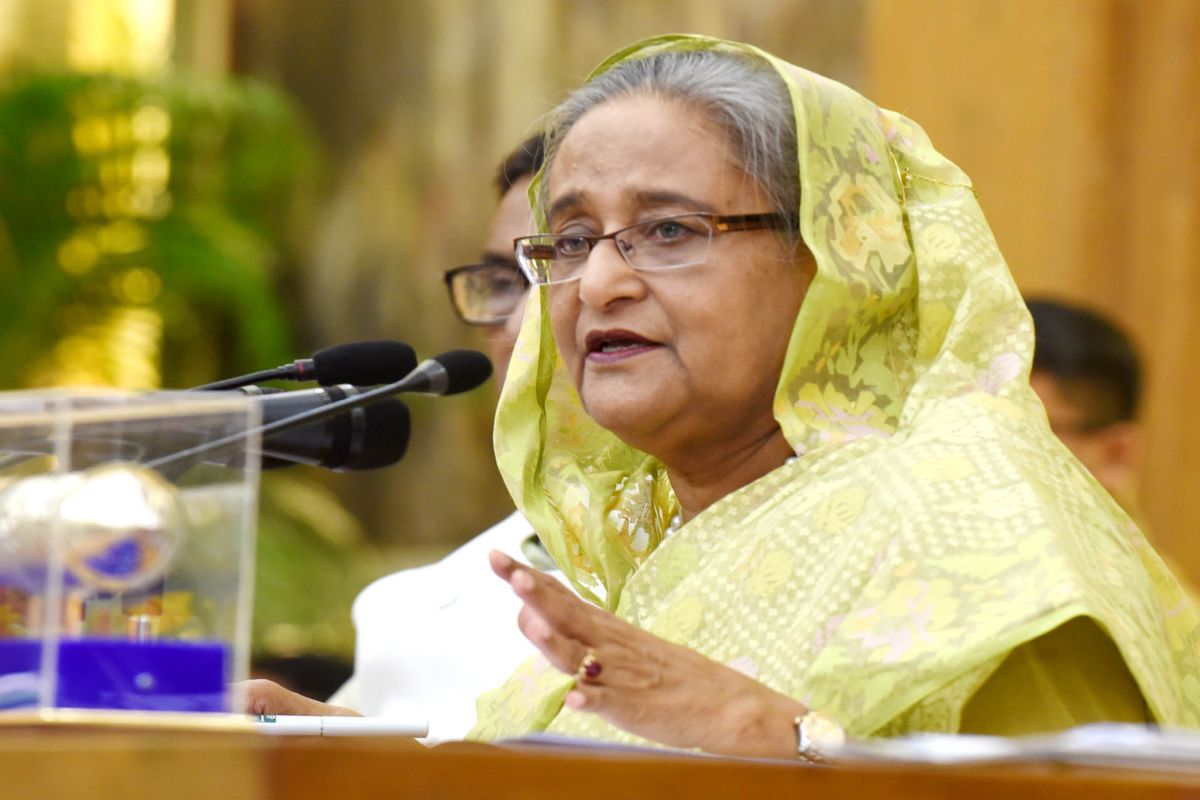When cargo trucks from Bangladesh trundled into Indian territory after 102 days on Sunday, it marked a remarkable forward movement in economic ties between the two neighbouring countries. It is fervently to be hoped that the stalemate in trade ties has at last been resolved.
The vehicles moved in through the two land ports of Petrapole and Ghojadanga. We do not know if Mamata Banerjee has relented after the Hasina government in Dhaka had approached Delhi to allow imports. The reasons for West Bengal’s reluctance can only be speculated upon, nothing has been made official thus far.
But the fear of the spread of coronavirus in course of the exportimport process has been dangerously real over the past four months. The trade lobby in Bangladesh has blamed the Bengal government for not allowing imports through the two land ports in North 24- Parganas, a district that was till a few weeks ago in the red zone in terms of the spread of Covid-19.
Trade between all the six land ports between India and Bangladesh had stopped on 23 March in the wake of the lockdown measures announced by the Centre.
The nub of the matter must be that West Bengal’s response has been sluggish even after the Government of India lifted the embargo.
Indeed, the state dragged its feet to the extent that it took 75 days to allow exports to Bangladesh, and flag the green signal for the trucks to trundle yet again. No one denies that it was only very logical on the part of the state government to accord precedence to the imperatives of public health over and above trade ties.
Incidentally, Petrapole and Ghojadanga handle 72 per cent of the overall trade between the two countries. There was considerable resentment in Bangladesh over the seemingly relentless suspension. But it was rather presumptuous on the part of the Bangladesh foreign minister, AK Abdul Momen, to wonder why the Mamata Banerjee government was not paying heed to the Centre’s prodding. Bangladesh allowed exports from India.
Small wonder that Dhaka called it a one-way trade and urged the Government of India to thrash out the prickly issue with the Bengal government. To an extent, the crisis in trade had exacerbated on 2 July when in the midst of diplomatic talks, traders in Bangladesh stopped imports from India.
“Protests in Bangladesh and a prod from Delhi had forced the Bengal government to open the gates for imports,” is the dominant impression in Bangladesh.
It is a salutary development that trade has been resumed with the basics relating to health in place, notably the trucks were sanitised and thermal checks conducted on drivers and their helpers.
The anxiety over precautions had doubtless compelled West Bengal to keep bilateral trade in abeyance for 102 days. Ironically enough, the trade trucks have trundled on a day when Bengal registered the highest oneday spike with 895 cases and 21 more deaths.












